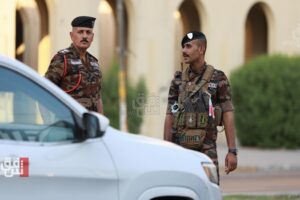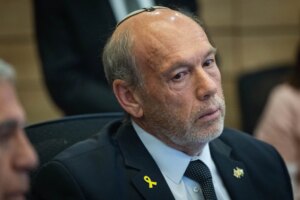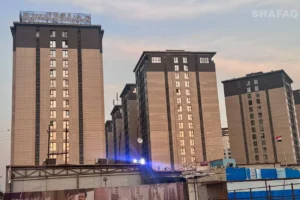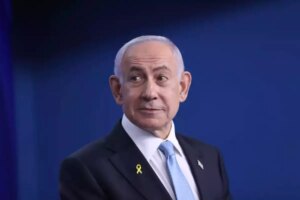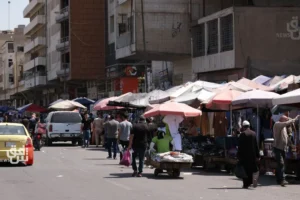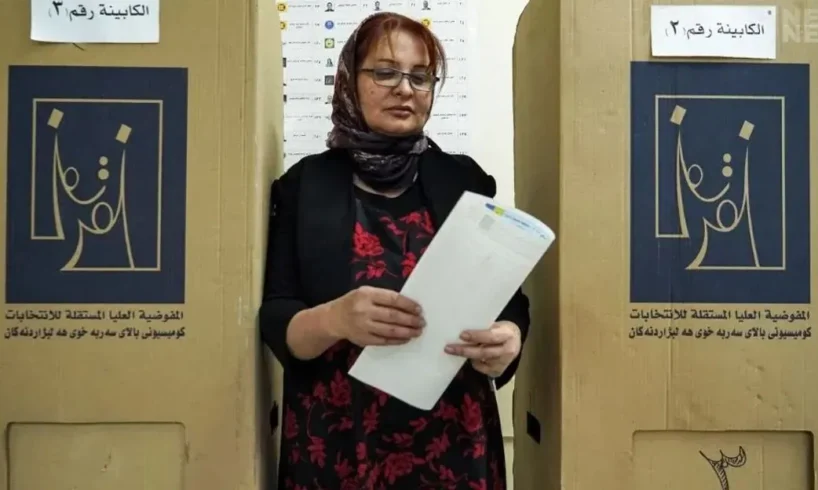
2025-10-23T07:02:10+00:00
font
Enable Reading Mode
A-
A
A+
Shafaq News
Iraq is heading toward its November 11, 2025, parliamentary
elections with a record number of women in the race — 2,248 candidates
competing for 83 quota-reserved seats. Behind these figures lies a pivotal
question: can numerical representation evolve into genuine political influence?
When Representation Isn’t Power
Over the past two decades, Iraq’s quota system has secured
women’s presence in parliament but not necessarily their influence. Political
analyst Nawal al-Moussawi told Shafaq News that despite the higher
participation — up from around 951 female candidates in the 2021 elections —
“most women remain bound by party frameworks that restrict their independence.”
She described the quota as “a political guarantee of presence rather than
autonomy, as each candidate operates within her bloc’s strategic agenda.”
According to al-Moussawi, even religious blocs now nominate
women primarily to benefit from the quota rather than to empower them, with
nearly three-quarters of the women’s seats reinforcing established hierarchies
instead of challenging them.
Institutions That Only Protect Seats
Nibras Abu Suda, deputy spokesperson for the Independent
High Electoral Commission (IHEC), confirmed to Shafaq News that women’s
representation will not drop below 25 percent of the 329-seat legislature,
noting that minority allocations remain outside the quota system. She
considered the surge in female candidates “a sign of growing awareness and
readiness to participate,” yet stressed that empowerment “requires a political
environment that safeguards freedom of opinion and decision.”
From the commission’s media team, Hassan Hadi Zayer pointed
out that no officially registered women’s parties will participate in the
upcoming vote — a sign, he said, of the fragility of independent female
political movements.
Read more: Iraqi women and ballot paradox: Why they vote formen more than women
A New Generation Steps Forward
Observers see the 2025 elections as a potential shift from
presence to power, after successive parliaments where quota seats often
cemented party dominance. Among the emerging figures is Anwar al-Khafaji, who
views this race as a test of renewal. She told Shafaq News that many candidates
are deliberately distancing themselves from parties that “failed to meet the
aspirations of women and voters alike.”
Al-Khafaji said her campaign centers on competence,
integrity, and proximity to citizens’ daily concerns. “We are focusing on
services, justice, and genuine empowerment — not symbolic participation,” she
explained, emphasizing her outreach to youth and women through direct
engagement in electoral programs.
Beyond the Numbers
Two decades after its introduction, Iraq’s quota system
remains a double-edged tool — ensuring visibility but not necessarily voice.
The surge of new candidates may redefine representation if they can assert
agency within a political structure still designed to limit it.
As campaigns intensify, the outcome of the 2025 elections —
in which more than 21.4 million registered voters are eligible to cast ballots
— will determine whether Iraq’s female contenders can move from quota-based
participation to a truly independent role in shaping national policy.
Written and edited by Shafaq News staff.
Read more: Quotas without a cause: Iraqi Women counted, rights discounted

